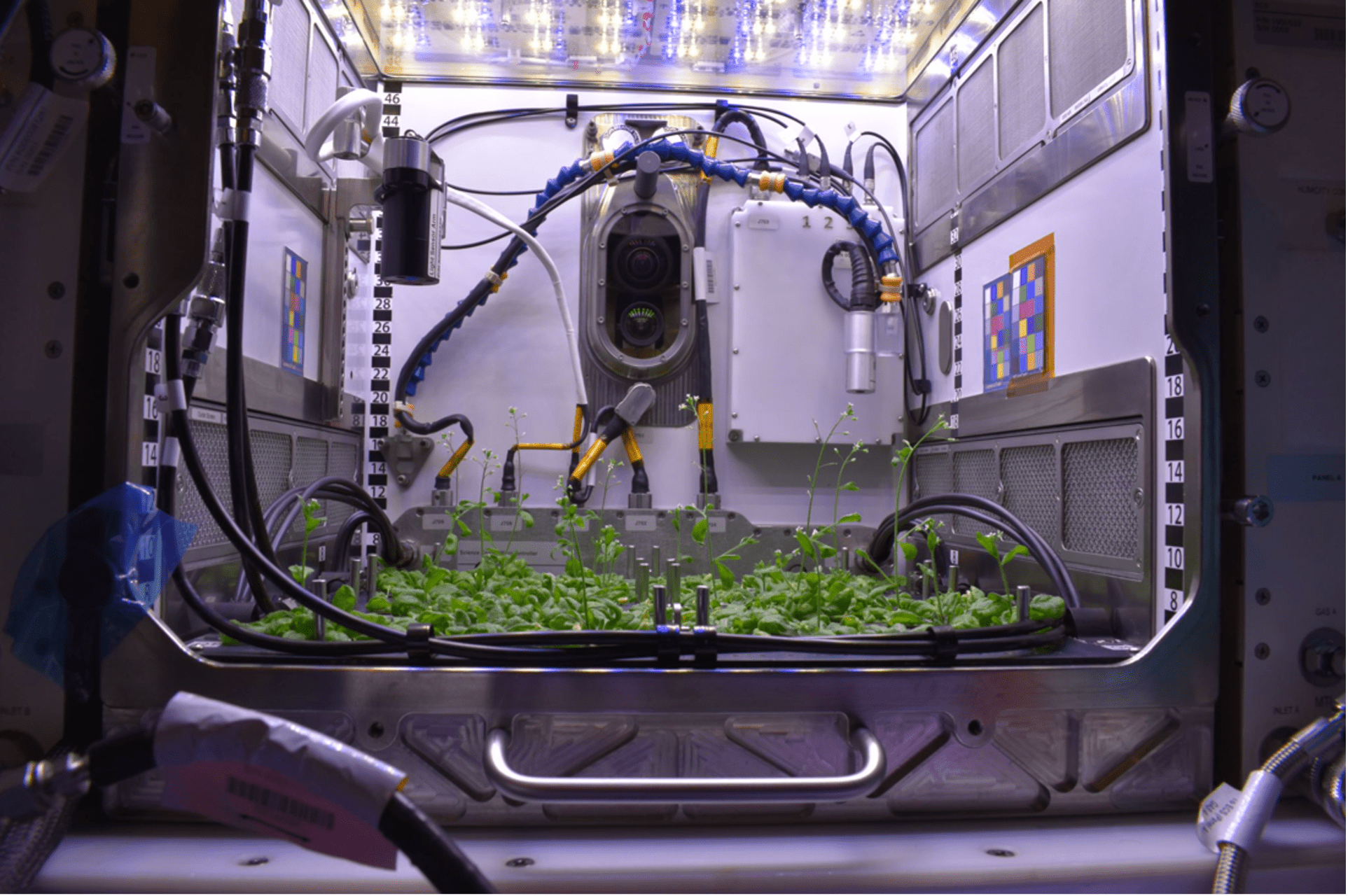Epigenetic Adaptation to the Spaceflight Environment – Accumulated Genomic Change Induced by Generations in Space (Plant Habitat-03)
Science Objectives
Plants exposed to environmental stress, including spaceflight, undergo epigenetic changes that involve adding extra information to deoxyribonucleic acid (DNA) rather than changing existing information. Epigenetic Adaptation to the Spaceflight Environment – Accumulated Genomic Change Induced by Generations in Space (Plant Habitat-03) assesses whether epigenetic adaptations in one generation of plants grown in space can transfer to the next generation. This could help identify genetic elements that increase the adaptability of plants to spaceflight, a first step toward developing cultivars better suited to provide food and air and water purification in life support systems on future space missions.
Status
Delivery to the International Space Station via the Northrup Grumman Commercial Resupply Services Mission 18.
Experiment Description
The Epigenetic Adaptation to the Spaceflight Environment - Accumulated Genomic Change Induced by Generations in Space (Plant Habitat-03) investigation is one of both discovery on a genome-wide scale and practical application to exploration needs. The Research Team seeks to carry out whole genome bisulfite sequencing in Arabidopsis leaves from plants grown across several generations of exposure to spaceflight conditions to discover epigenetic modification patterns over generations. This genome sequencing, coupled with ribonucleic acid (RNA) sequencing, allows for the examination of comparable transcriptomes to assess spaceflight-associated deoxyribonucleic acid (DNA) methylation on transcript profiles across generations.
Space Applications
Results could demonstrate whether epigenetic changes transfer from the first generation of plants to the second and then continue to accumulate or stabilize. This could provide insight into how to grow repeated generations of crops to provide food and other services on future space missions.
Earth Applications
This investigation could provide a better understanding of how the epigenome contributes to an organism’s ability to adapt to environmental stress, in both current and subsequent generations. Such understanding could support development of strategies for adapting crops and other economically important plants for growth in marginal and reclaimed habitats on Earth.































